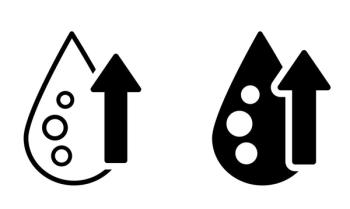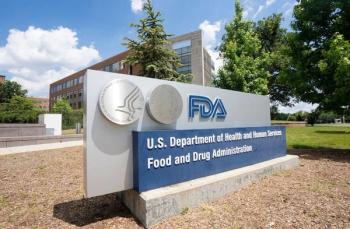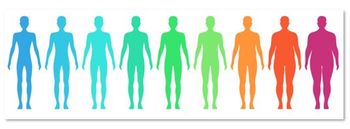
Patients Know Statins Are Not Tickets to Cheeseburger Heaven
NEW YORK -- Patients seem to get the message that a prescription for a statin drug does not give them carte blanche to jump off the dietary wagon, investigators here reported.
NEW YORK, Aug. 2 -- Patients seem to get the message that a prescription for a statin does not give them carte blanche to jump off the dietary wagon, investigators here found.
A survey of patients with new statin prescriptions showed that, although 70% believed statin use would cure their hyperlipidemia, six months later they had made no significant changes in their intake of saturated fats, reported Devin M. Mann, M.D., M.S., of Mount Sinai School of Medicine, and colleagues.
Among 62 patients who completed the six-month dietary recall, the mean saturated fat intake was 24 + 18 g at baseline, and 22 + 11 g at six months (P=0.19), they wrote in the August issue of Mayo Clinic Proceedings.
"The results of this study should reassure clinicians that the use of statins for primary prevention may not hinder concurrent dietary interventions. Very few patients used statin therapy as an excuse to increase fat intake," they said.
But the authors also noted that nearly half of all patients in the small study said they thought they didn't need lipid-lowering drugs or wanted more time to see whether dietary changes could work, indicating a discordance between physician and patient preferences.
The authors conducted a study to see whether patients on statins would view the drugs as license to indulge in ice cream or other foods high in saturated fat.
They interviewed 71 patients who had received a first statin prescription for primary prevention of cardiovascular disease within the previous two weeks.
They asked the patients at baseline and at three and six months about their beliefs regarding diet and medication and had them rank responses to statements such as "I am motivated to reduce fat in my diet", "I am currently eating a healthy diet," and "Statin use is easier than diet for lowering cholesterol."
The authors also asked patients at all visits what they had eaten over the past 24 hours, and about medication adherence at three and six months.
They found that, at baseline, 76% of the participants said they wanted to reduce dietary fat and 70% said that statin used could cure their hyperlipidemia.
"Although most patients (n=56, 79%) said they preferred to try diet control before starting a statin, only half (n=36, 52%) reported actually trying to modify their diet," the authors wrote.
In all, 39% of the patients were given a prescription for a statin even though they said they wanted to try changing their diets first, and 43% said their physicians jumped the gun by giving them a prescription before they had a chance to see if diet alone might work to lower their cholesterol levels.
Most of the patients who tried changing their diets (74%) did so for less than six months.
"Over time, attitudes toward both dietary change and statins to manage hyperlipidemia tended to become more positive," the authors wrote. "We found no evidence that favorable attitudes toward diet were weakened after initiation of statin therapy."
The only significant changes in diet occurred among those patients who were poorly adherent to the statin regimen. They reduced their mean caloric intake from 2,110 + 782 at baseline to 1,887 + 612 at six months (P=0.04).
The same group also increased its fiber intake from 14 + 8 g daily at study outset to 17 + 10 at the end (P=0.03).
And even among those patients who were less adherent to their prescribed statins, there was trend toward maintaining a healthier diet, the investigators noted.
Newsletter
Enhance your clinical practice with the Patient Care newsletter, offering the latest evidence-based guidelines, diagnostic insights, and treatment strategies for primary care physicians.

































































































































